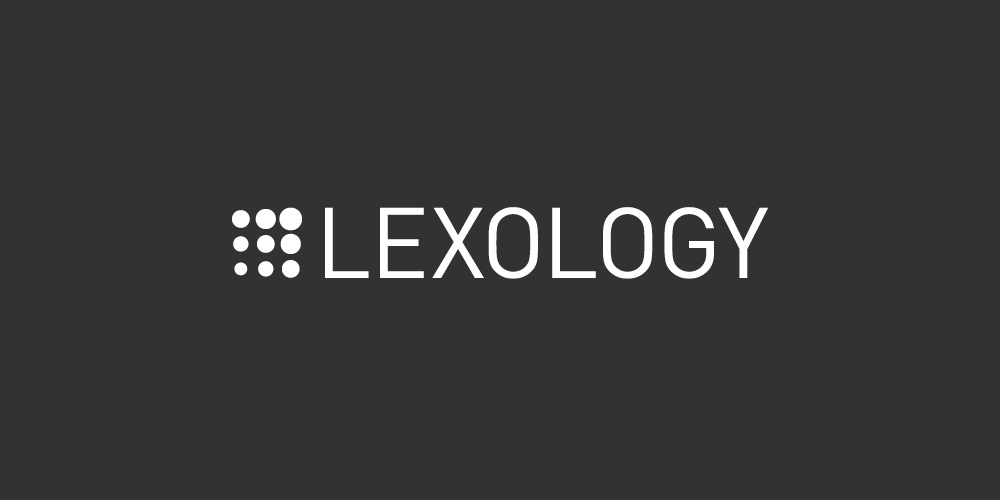Review your content’s performance and reach.
Become your target audience’s go-to resource for today’s hottest topics.
Understand your clients’ strategies and the most pressing issues they are facing.
Keep a step ahead of your key competitors and benchmark against them.
add to folder:
Questions? Please contact [email protected]
In the recent judgment in Nico Constantijn Antonius Samara v Stive Jean Paul Dan [2022] HKCFI 1254, the Hong Kong Court granted proprietary relief to a victim of misappropriated bitcoins, including the recovery of the sale proceeds and the fruits of such.
Factual background
The Plaintiff orally agreed that the Defendant would sell the Plaintiff’s 1,000 bitcoins, as sales agent, for a 3% commission.
As the Plaintiff (being a non-resident) could not open a Hong Kong bank account to handle the sale proceeds, he agreed that they should be deposited into the Defendant’s account in Hong Kong, from which the funds would be transferred to the Plaintiff’s bank account in Germany.
The Defendant gave the Plaintiff access to the Hong Kong bank account, by providing him with the login details and security token. The Plaintiff could then make transfers of funds to his account in Germany.
Between June and September 2017, some of the bitcoins were traded. The main way in which this was done was through the Defendant’s nominated bitcoin wallet. The Plaintiff transferred some bitcoins from his personal bitcoin wallets into the Defendant’s bitcoin wallet, so that they could be traded by the Defendant. The agreed arrangement was that the proceeds of sale would be transferred to the Hong Kong bank account. Since November 2017, the Plaintiff was unable to gain online access to the Defendant’s Hong Kong bank account.
As a result, the Plaintiff claimed against the Defendant, as his sales agent, for failing to account for the sale of the bitcoins and the sale proceeds.
Injunctions
In November 2019, a Mareva injunction was granted by the court freezing the Defendant’s assets, including the bitcoins remaining in the Defendant’s wallet.
Subsequently, documentary disclosure was given by the Defendant’s bank. Based on those documents, the Plaintiff was able to trace the sale proceeds of the bitcoins. Subsequently, upon the Plaintiff’s application, the court, in January 2021, granted a proprietary injunction over the remaining bitcoins and the sale proceeds.
Trial – Court findings
The court found that:-
The court granted:-
Takeaway points
It seems that the High Court has recognised cryptocurrency as property. Hence in this case, the High Court declared that the bitcoins were held on trust and proprietary remedies were granted over the bitcoins. Another interesting feature of this case is that a public bitcoin ledger, an open distributed ledger using blockchain technology, which shows bitcoin transaction records, was admissible at trial and accepted by the court. This means that victims of cryptocurrency fraud are able to prove ownership and a tracing exercise can be conducted when disputes involve cryptocurrency.
add to folder:
If you would like to learn how Lexology can drive your content marketing strategy forward, please email [email protected].
© Copyright 2006 – 2022 Law Business Research
Author
Administraroot


